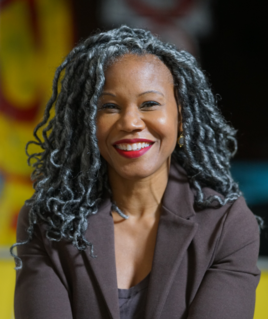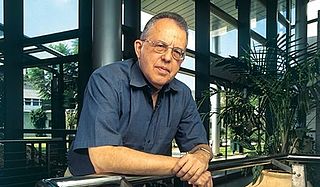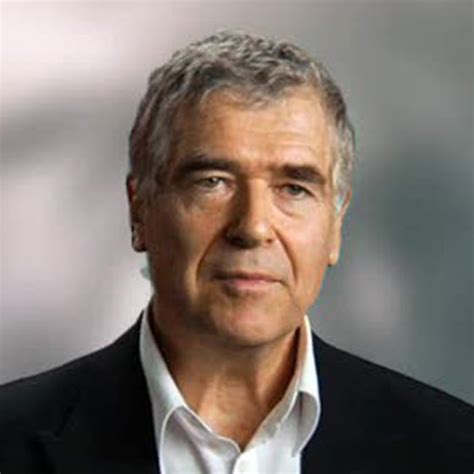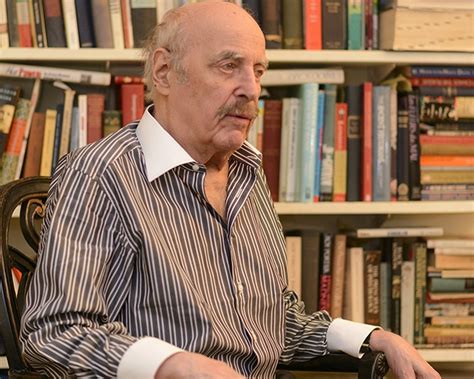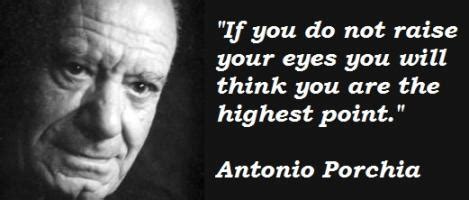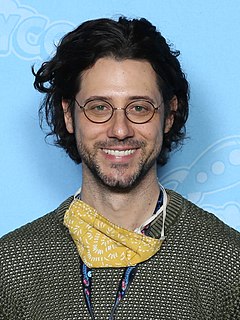A Quote by Pope Francis
Environmental degradation is one of the biggest challenges we have. I think a question that we're not asking ourselves is: 'Isn't humanity committing suicide with this indiscriminate and tyrannical use of nature?'
Related Quotes
Getting to a place where I am comfortable saying things was hard-earned for me. I've chewed on the ground glass of my own experience. I saw Gloria Steinem speak, and I was just like, Shut the front door. She was saying that she didn't come into her own until her 40s, and she was asking herself the question, Why should she have to get married? And I just thank God someone asked that question, right? I think we're the first generation of women asking ourselves certain questions and deciding for ourselves.
Terrorism thrives on administrative violence and injustice; that is the only atmosphere in which it can thrive and grow. It sometimes follows the example of indiscriminate violence from above; it sometimes, though very rarely, sets it from below. But the power above which follows the example from below is on the way to committing suicide.
Suicide may also be regarded as an experiment - a question which man puts to Nature, trying to force her to answer. The question is this: What change will death produce in a man's existence and in his insight into the nature of things? It is a clumsy experiment to make; for it involves the destruction of the very consciousness which puts the question and awaits the answer.
...we ask: Why suicide? We search for reasons, causes, and so on.... We follow the course of the life he has now so suddenly terminated as far back as we can. For days we are preoccupied with the question: Why suicide? We recollect details. And yet we must say that everything in the suicide's life- for now we know that all his life he was a suicide, led a suicide's existence- is part of the cause, the reason, for his suicide.
I think The Magicians takes these conventional ideas from this Christian literature of good vs. evil and it sort of shakes it up and asks a deeper, darker question about the nature of not just humanity in the face of good vs. evil, but the challenges of everyday life. And I think there's something incredibly timely about that and incredibly relatable to anyone who's growing up. Because we're all growing up. We're all constantly evolving.

